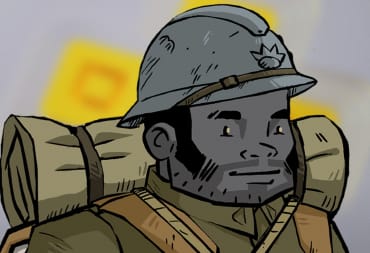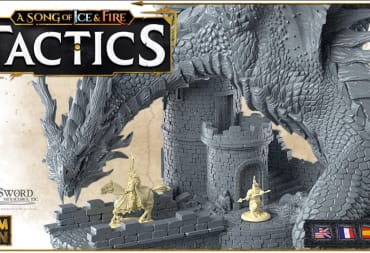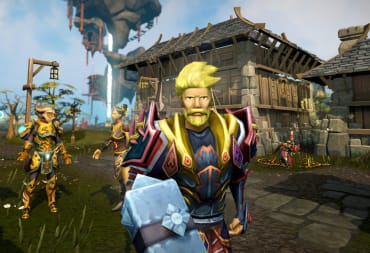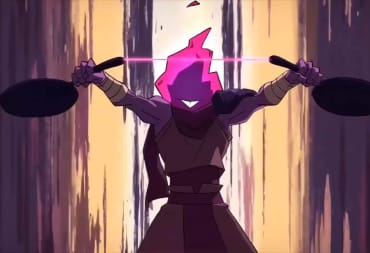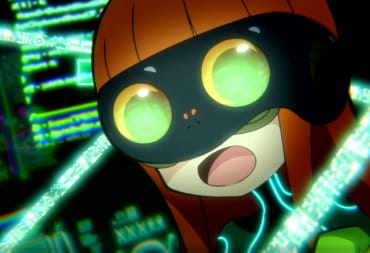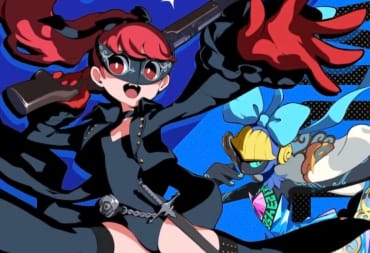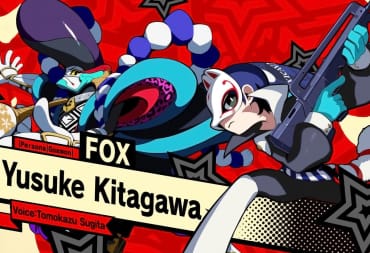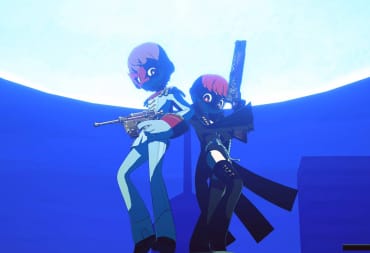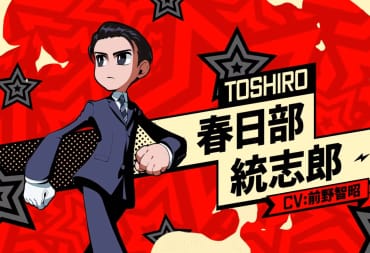Persona is a booming franchise currently, with the success of 3 through 5 drawing more people into the franchise as these games carved out their flashy identity in pop culture. While many recent fans have only had their chance to play Persona 5 or Persona 4 Golden, it has been Persona 3 that hasn't had an update since its last outing on the PSP. With its release as part of Persona's 25th anniversary, we take a look back to where the franchise first truly began stylizing itself and setting itself apart from the rest. How well does this 2006 JRPG classic hold up on modern-day systems?

In Persona 3 you play as a new transfer student to Gekkoukan High School. During the day the protagonist gets to spend time with their classmates, join clubs, or pick up part-time jobs, but at night Gekkoukan High School and the surrounding area hold a terrible secret. When the clock strikes midnight a new hour reveals itself, aptly named the Dark Hour, during this time that normal humans are ignorant of, the school transforms into Tartarus, a massive multi-leveled dungeon filled with secrets and shadows. Only those who have the potential to unlock their Persona, the summonable personification of your will, are able to explore the Dark Hour. As a member of SEES, a group of persona-wielding students, you seek to defeat the 12 powerful shadows of Tartarus to stop an apathy sickness plaguing the town, and destroy Tartarus and the Dark Hour.
The primary storyline of defeating the demons is quite slow to begin with and you're really just given an enormous dungeon and told to climb its levels encountering bosses along the way. Once you get into the back half of the game the story really begins to pick up. New antagonistic elements are introduced, the truth behind Tartarus is revealed, and how fate has entangled all of the major players to come together becomes known.
While the game doesn't pitch itself as a mystery the story hooks begin to slowly emerge, before I was even aware of how hooked on the story I was I was hurrying through the protagonists' daily life to reach the next large chunk of the story. As always Persona tries to find that difficult balance between the life simulation elements of the day-to-day school and event life, while also trying to tie major plot points into the phases of the moon with a new large demon appearing. There's no middle ground for anyone who is more interested in one than the other.

Persona 3 Portable does a good job of getting the players into gameplay quickly. Even as the game plays its introductory cutscene the protagonist walks to their new dorm room during the Dark Hour, with humans transmogrified into coffins, the player is well aware that something is immediately wrong even if the protagonist, lost in their own world, is oblivious to what's occurring around him. There isn't any long prologue sequence or time spent having your hand held while you go through tutorials as you gain free movement and access to Tartarus very early on. As the world continues to open up to the players with a variety of locations to be unlocked there's a lot placed on the player to understand the world and each location's purpose. It can be daunting at first, but once you get into some kind of rhythm then you'll appreciate how you manage to discover the world for yourself.
As players progress through the story and connect with those they meet in the world they'll be able to develop social links, these relationships will not only create a more complete image of the lives of others you choose to spend time with but also influence bonuses to Persona that you create through fusion. Persona 3 has some of the best social link stories of the franchise dealing with survivors' guilt, the pain that comes with losing a loved one, and even the idea of wrestling with failure. Each of the social link characters and the stories that you get to share with them show that even when you're dealing with shadows hell-bent on destroying the world that others can be going through just as difficult a time.
What makes Persona 3... portable?
This port of Persona 3 is specifically of Persona 3 Portable and with it, there's a lot that continues to make this game feel as if it's a handheld game. There are no animated cutscenes, the entire game is slideshows and Visual Novel style talking heads, and no navigation outside of Tartarus. When moving between classes, and exploring the overworld you simply have a cursor you're able to move about the screen.
The benefits of porting Persona 3 Portable is the inclusion of a female protagonist whose social links and romance options are different, the ability to control your party members, and added difficulty options. Unfortunately one of the issues with Persona 3 Portable is one that fans have had since its initial release, and that's that there's no single 'best' Persona 3 experience. For better combat overall though Persona 3 Portable is definitely the better choice and with how much combat you'll be partaking in the ability to control your party is a godsend.

Tartarus, the game's mega-dungeon is where you'll find yourself spending a lot of time. Traveling here will be where you slowly climb up the tower and defeat new bosses. As each New Moon passes more of the tower will be unlocked. Where the story and relationships of characters are so fully fleshed out it's Tartarus that feels the most out of place with how underdeveloped it is. Each floor you travel to is a newly procedurally generated layout, with the wallpapers changing every major section you pass, and is filled with monsters. You begin to go cross-eyed as you've climbed 20+ floors of the exact same thing making the game extremely easy to tune out.
After engaging with one of the shadows that randomly appear around the dungeon you're taken to a battle screen where you and your opponents take turns wailing on one another. This is where you'll be able to unleash the power of your persona, summoning them to use special attacks. Each Persona and Shadow have its own affinity or weakness for the different elements. The party that you take into the dungeon, or whatever Persona you select as the protagonist will shift the landscape of battle. By lining up critical hits and super-effective attacks you can also extend your turn, this boost will really make you think about your strategy. If you're a fan of any Persona or SMT game then this style of combat won't be too foreign to you, it's definitely an aspect of the formula that they nailed early.
I've got no issues with dungeon crawling, but there's a point where Tartarus moves past being long enough to give you the required experience for the next major encounter to being a punishment. With each return trip to Tartarus through the game the floors required to reach the next milestone continue to inflate until you've got 2 hours of climbing up 80+ floors to reach a boss fight.
Persona 3 Portable Review | Verdict
Persona 3 Portable is an excellent display of where Persona came from. It's clear to see how much were early drafts of some of the key features of later Persona titles like the importance of social links and how they affect gameplay, the traversal of the world, and the use of a core mega-dungeon (while also allowing for separate specific dungeons). Unfortunately having played more recent Persona titles and seeing where they shine does make returning to Persona 3 Portable a more difficult experience. If you're interested in an engaging story with a well-rounded supporting cast of characters and have a serious podcast backlog to get you through monotonous combat and exploration in Tartarus it's definitely worth returning to this title, but if you're looking for a Persona game to get you into the franchise or replay then Persona 4 will be a much easier experience to stomach.
TechRaptor reviewed Persona 3 Portable on Xbox One using a copy provided by the publisher. It is also available on PC, PlayStation, and Nintendo Switch
Review Summary
Pros
- Meaningful social link stories
- Enhanced combat updates
Cons
- Tartarus bloats gameplay
Have a tip, or want to point out something we missed? Leave a Comment or e-mail us at tips@techraptor.net



